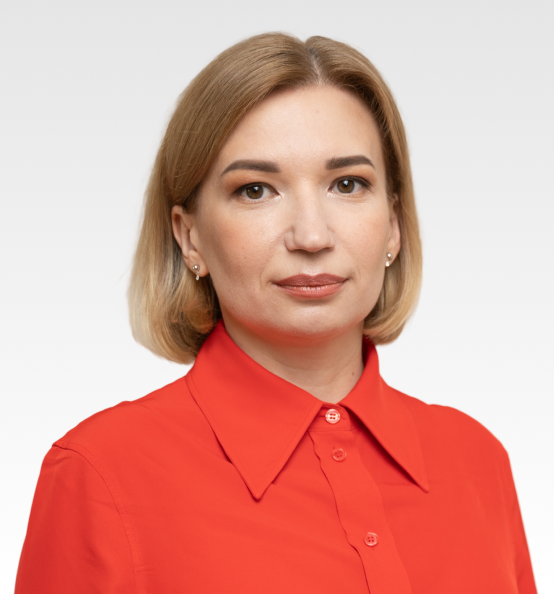Olga Aivazovska
Olga Aivazovska is Chair of OPORA, a leading democracy expert advancing fair elections, governance, and justice for war crimes in Ukraine and worldwide.


Olga
Aivazovska
Olga Aivazovska is Chair of OPORA, a leading democracy expert advancing fair elections, governance, and justice for war crimes in Ukraine and worldwide.
Speaker's Bio
Olga Aivazovska is Chairwoman of the Civil Network OPORA NGO, an international expert in electoral matters and developing draft laws, and a co-founder of the International Center for Ukrainian Victory and Center for War Crimes Documentation.
She is deeply engaged in strengthening democracy, good governance, and elections – particularly with the OPORA being Ukraine’s premier domestic election observation network and democracy think tank. Olga is also a co-founder of the International Center for Ukrainian Victory and Center for Assisting War Crimes Documentation (Warsaw).
Olga aided negotiations on the Ukrainian side as the independent expert in the Trilateral Contact Group on settling the military conflict in Donbas from 2016 to 2018. Olga travels and advocates worldwide on behalf of Ukraine. From 2014 to 2024, she was consistently ranked among the top 100 most influential women in Ukraine by Focus, NV and Ukrainska Pravda. Olga Aivazovska is an alumna of the Draper Hills Summer Fellowship on Democracy and Development Program at Stanford and the Ukrainian School of Political Studies.
Professional topics:
- political processes in Ukraine;
- transparency, openness, and accountability of public governance.
- justice and accountability for the victims of Russian war crimes;
- migration patterns, causes, and impacts they have on future generations,
- indoctrination and other insights into the genocidal nature of the war;
- strengthening democracy, good governance, and elections in Ukraine;
- preparation for the first post-war elections in Ukraine, ensuring the electoral rights of vulnerable categories of voters;
- public attitudes, causes of polarisation between key groups, and the impact of
- propaganda on divisions in society;
- democratic resilience and social cohesion.
The XXVIII Triennial Congress of Ukrainian Canadians




